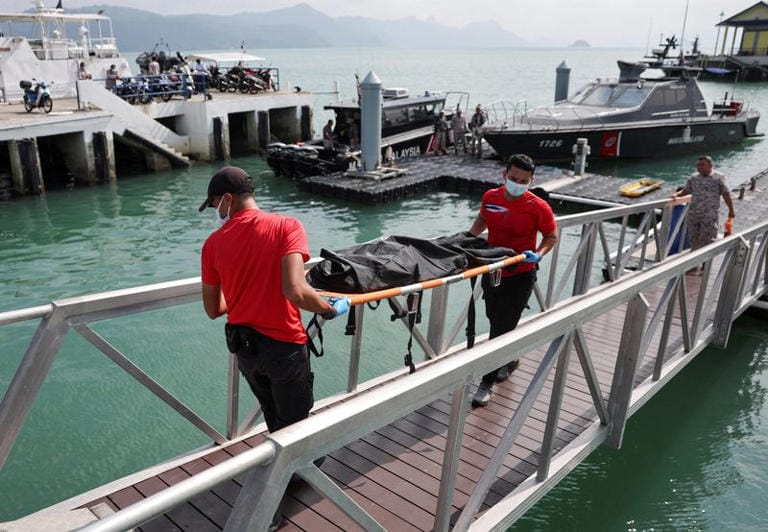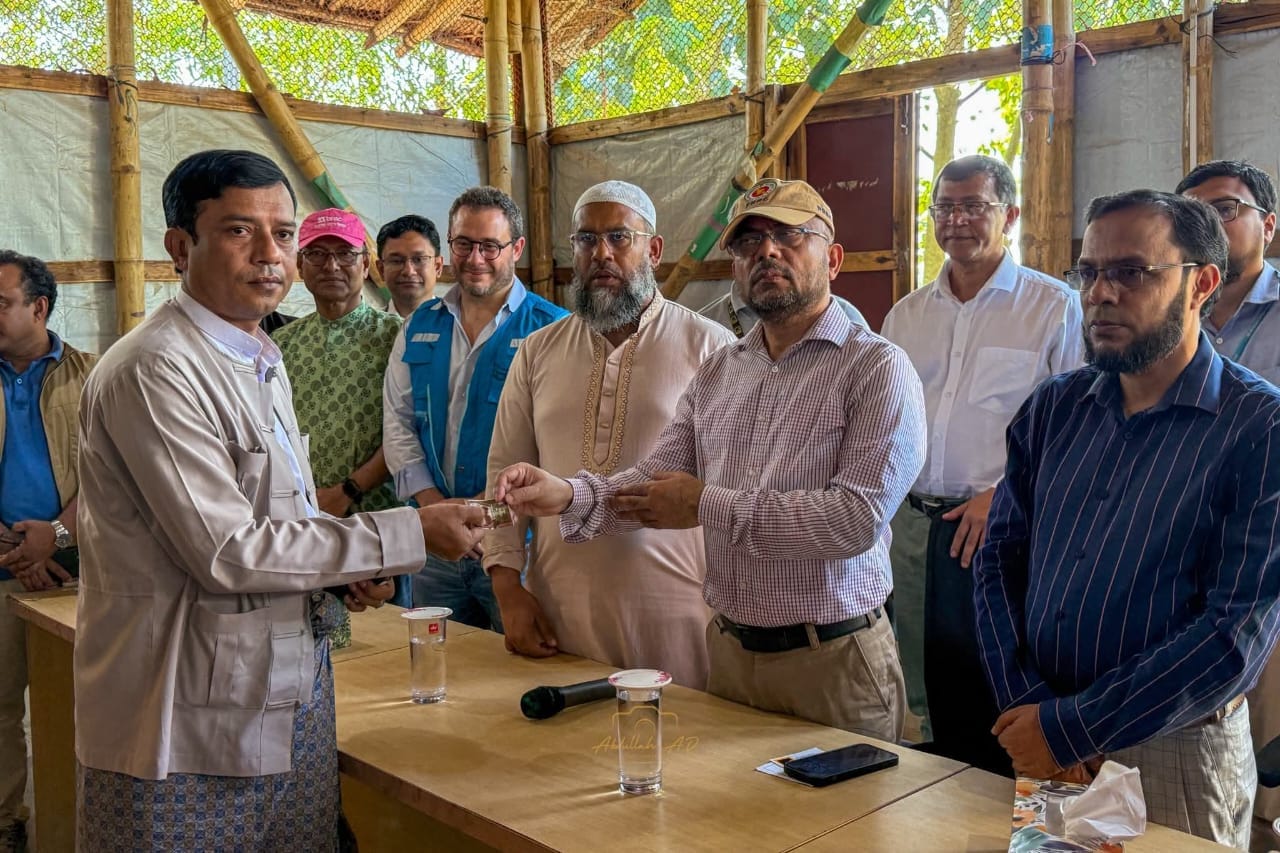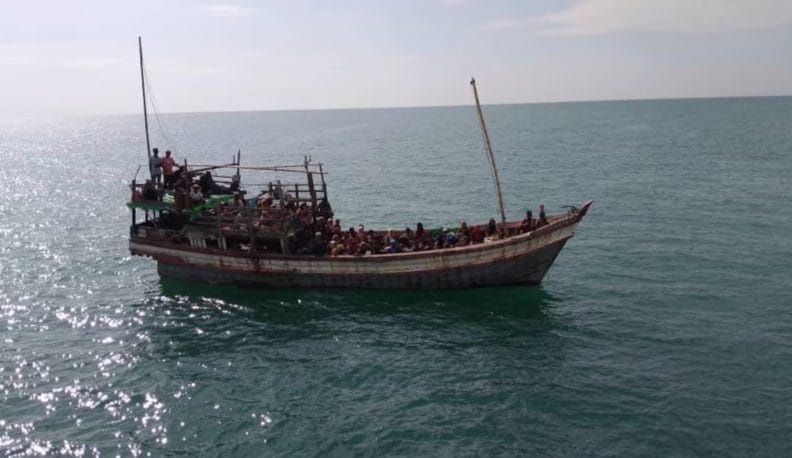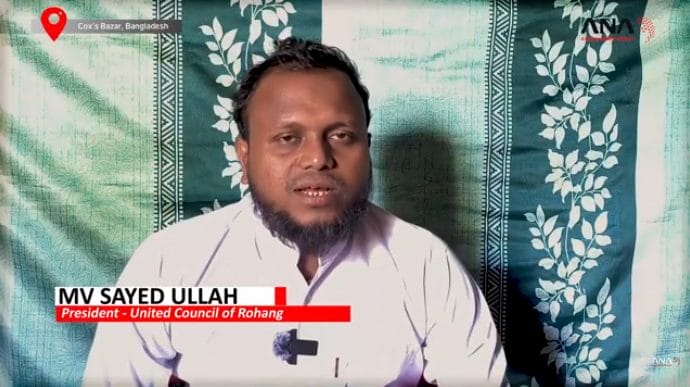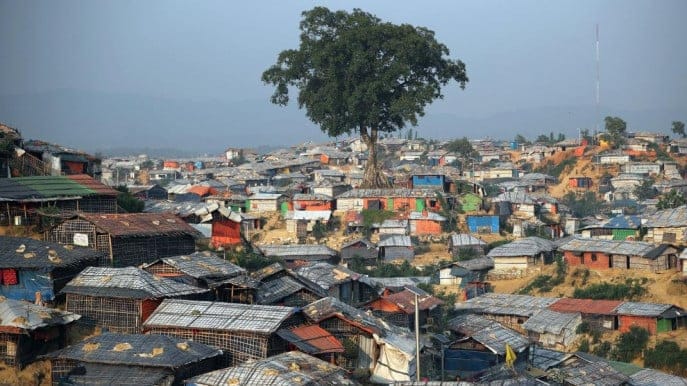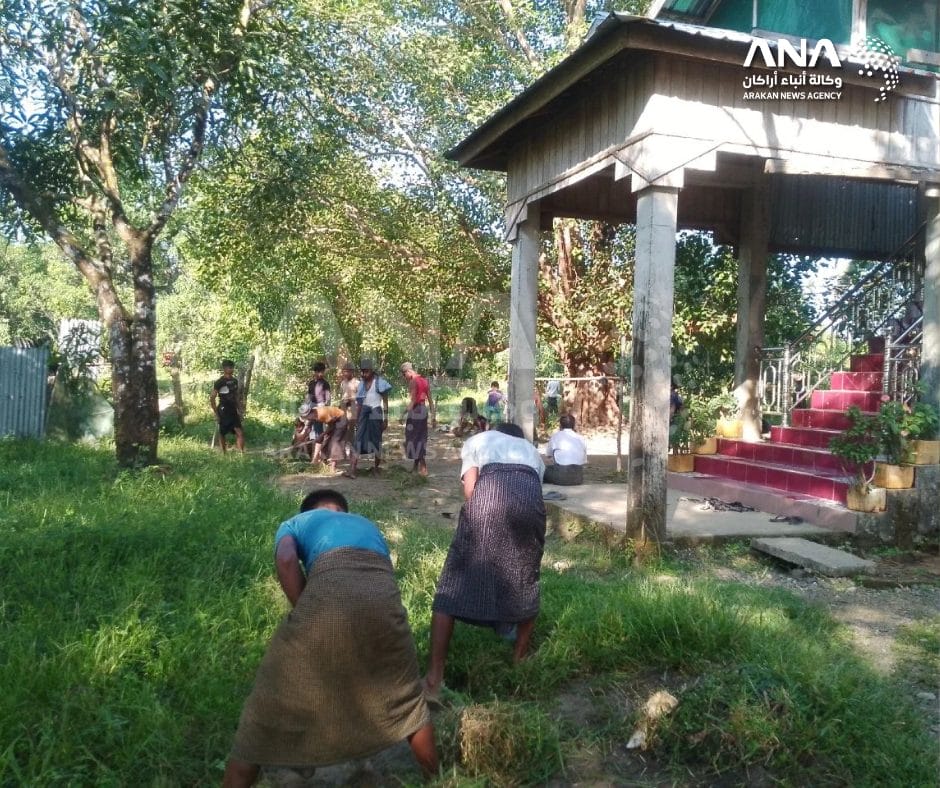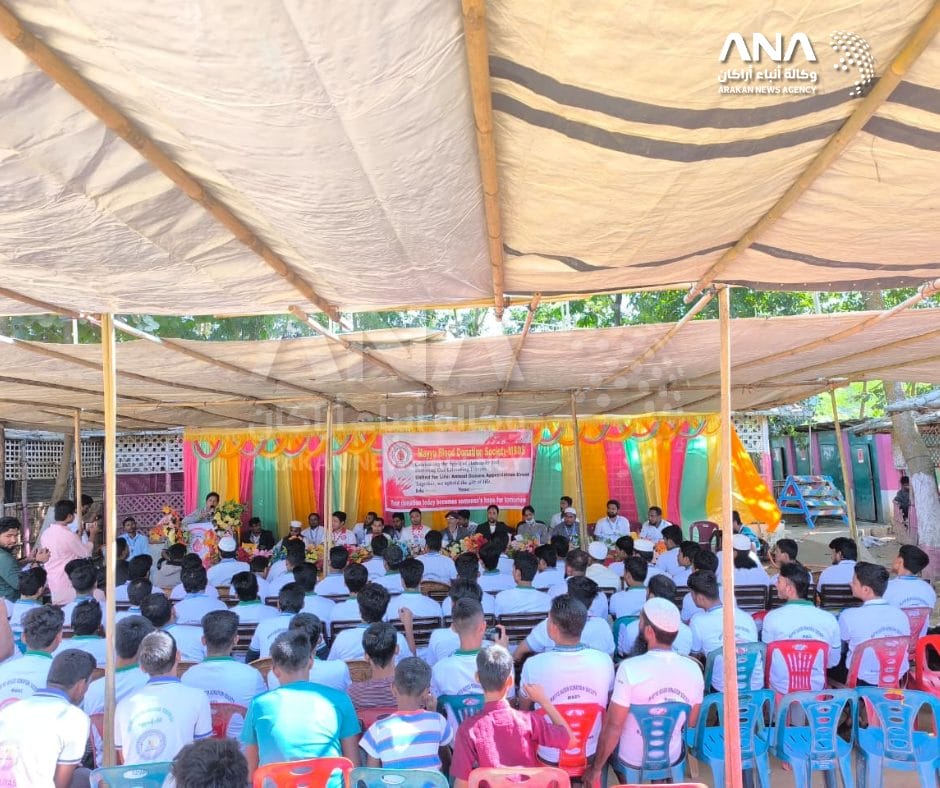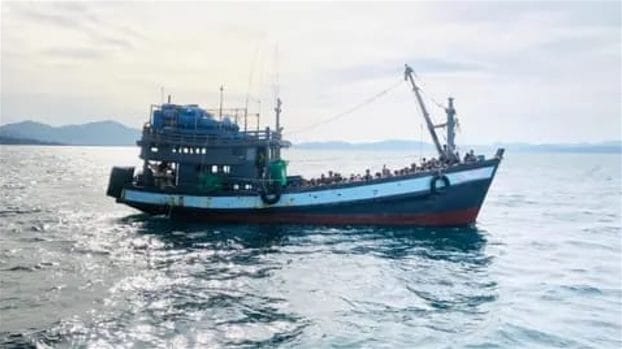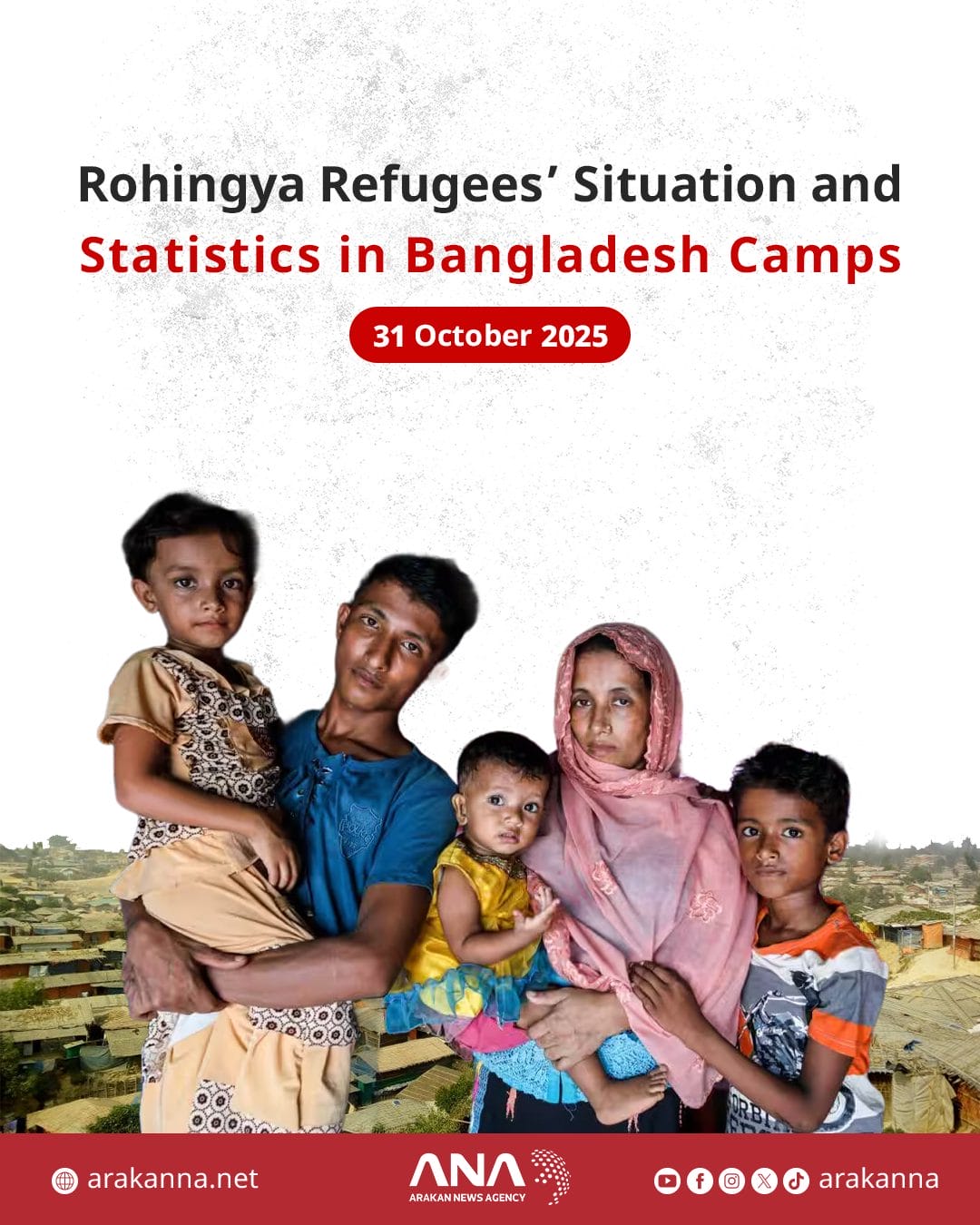Arakan News Agency
The Government of Bangladesh has called on the United Nations High Commissioner for Refugees (UNHCR) to explore practical pathways to ensure an early, safe, dignified, and sustainable return for the Rohingya to Myanmar, warning of the continued complexity of the humanitarian crisis affecting more than 1.3 million refugees in the camps of Cox’s Bazar.
This call came during a meeting between Bangladeshi Foreign Affairs Adviser Mohammed Touhid Hossain and the new UNHCR representative in Bangladesh, Ivo Freijsen, on Thursday. Hossain emphasized that the UNHCR’s efforts should not only focus on mobilizing support for the Joint Response Plan (JRP) 2025–2026 but also on advancing practical solutions for the repatriation of refugees.
During the meeting, both parties exchanged views on the UNHCR’s work in providing humanitarian aid and reaffirmed their shared commitment to protecting refugees and finding a sustainable solution to the crisis ongoing since 2017.
Freijsen stated upon taking his responsibilities, “I am honored to represent the UNHCR in Bangladesh, a country that has generously hosted hundreds of thousands of forcibly displaced people. I look forward to working with national and international partners to support Bangladesh’s response.”
Freijsen also met with the Secretary-General of the Ministry of Foreign Affairs, Asad Alam Siam, who emphasized the importance of the UNHCR’s active participation in the high-level UN conference on the Rohingya crisis scheduled in New York, considering it a crucial opportunity to gather international support.
It is noteworthy that Ivo Freijsen, a Dutch diplomat, has held leadership positions in Lebanon, Iran, and other countries within the UNHCR and the United Nations, with over three decades of experience in humanitarian work and refugee protection.
Bangladesh hosts over one million Rohingya refugees in camps in the Cox’s Bazar region, which the United Nations classifies as the largest refugee camp in the world after they fled Myanmar due to a genocidal campaign by the Myanmar army against them in 2017. The waves of their displacement increased following renewed fighting between the Myanmar army and the Arakan Army (separatist) in November 2023, violence that has led to their displacement, violence, and forced recruitment.


